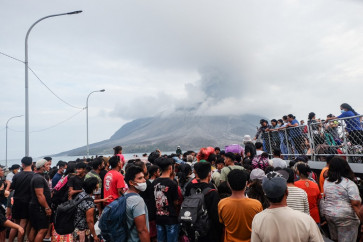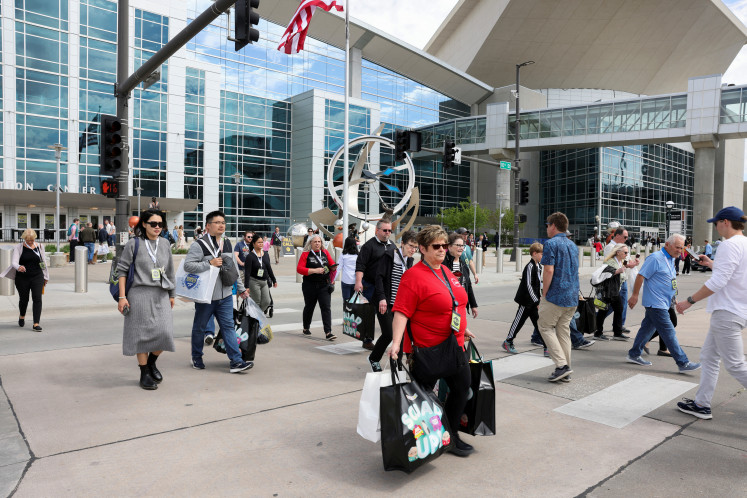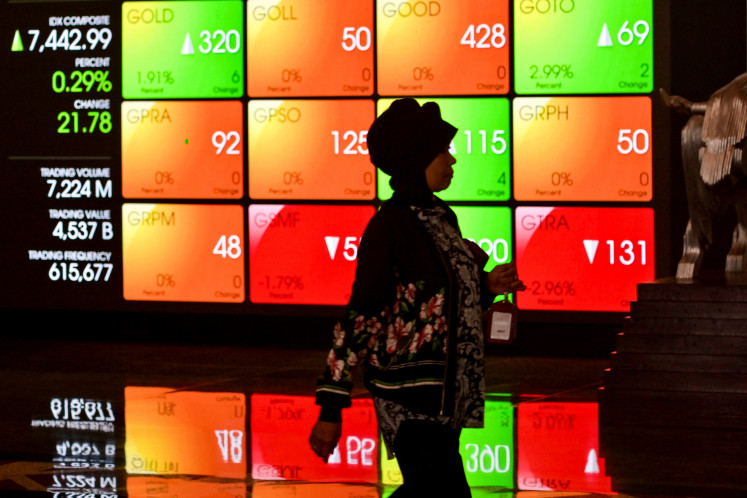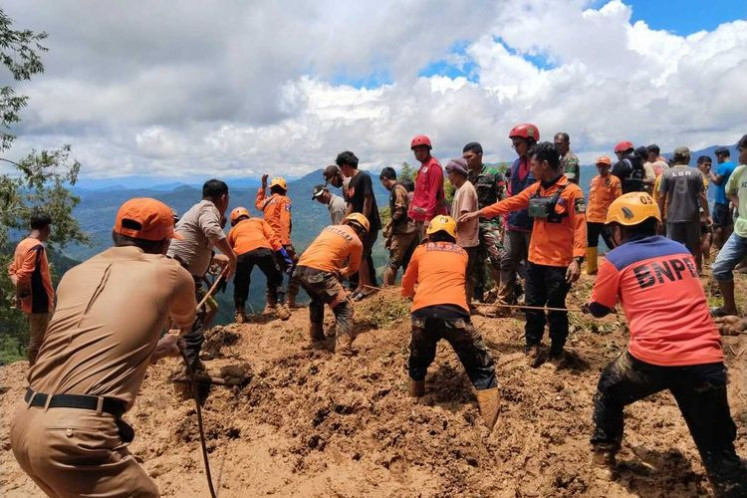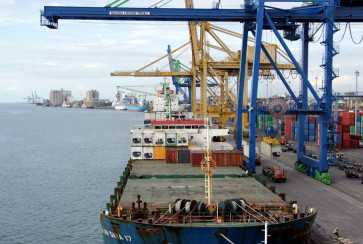Indonesia's SNNK still needs fixing, says food importers
Industry leaders in the food commodities sector have raised prevailing issues with the SNNK, including product categories in the HS Code and the requirement to submit a whole-year import plan.
Change Size
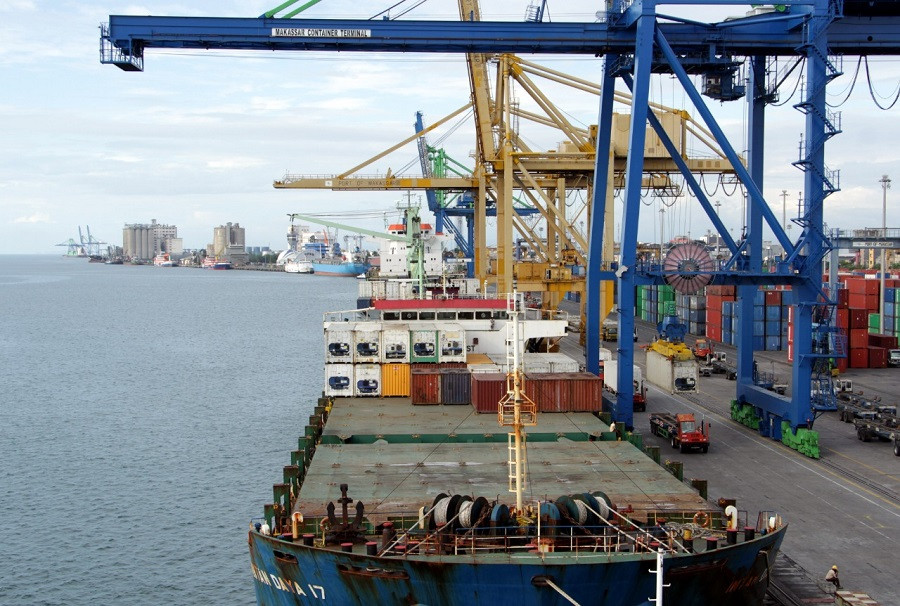 Cranes load and unload vessels on Sept. 20, 2021 at a container terminal managed by state-owned port operator PT Pelindo IV in Makassar, South Sulawesi. (Antara/Arnas Padda)
Cranes load and unload vessels on Sept. 20, 2021 at a container terminal managed by state-owned port operator PT Pelindo IV in Makassar, South Sulawesi. (Antara/Arnas Padda)
I
ndustry associations and experts have voiced their concerns about the National Commodity Balance System (SNNK) as it enters its second year in 2023, pointing out that the system has not yet demonstrated effectiveness in tackling issues related to food security.
Speaking at a virtual briefing on Monday, a senior representative from the Indonesian Beef Importers Association (Aspidi) mentioned that, although the old import license system was riddled by bureaucratic problems, particularly at the regional level, the SNNK was still too rigid in categorizing food commodities.
“First things first: We will face significant hurdles when applying [for import licenses] via the SNNK,” Aspidi secretary-general Suhandri told participants.
Suhandri explained that the highly detailed classifications of the Harmonized System (HS) Code made it hard for beef importers used to purchasing large quantities of meat, despite the simplified bureaucratic process, and thus complicated operations for businesses and increased their burden.
The HS Code is based on the International Convention on the Harmonized Commodity Description and Coding System, or HS Convention, of the World Customs Organization that entered into force on Jan. 1, 1988. The convention covers a variety of dimensions, including monitoring the import and export of goods, calculating tariffs, collecting statistics and establishing rules of origin.
New classifications that should be in the demand plan, he said, included separate categories for frozen and fresh meat as well as boneless and bone-in meat, which were determined after the goods had been imported.
“Since 2017, we have usually imported only prime cut meats, as whether they are boneless or bone-in are determined at a later stage,” Suhandri added.


